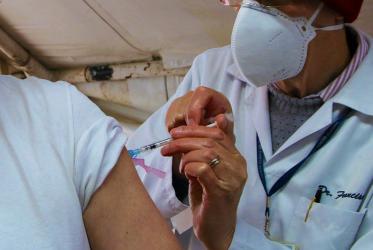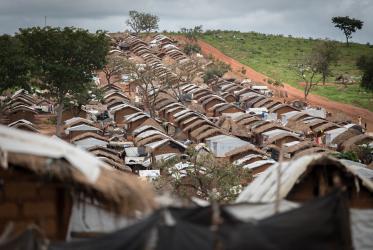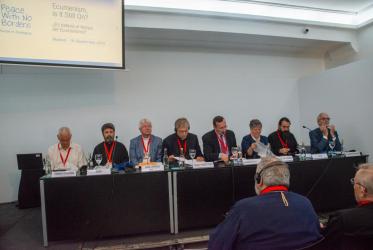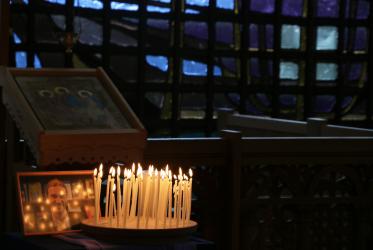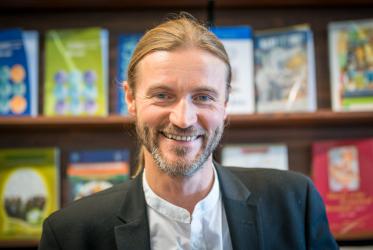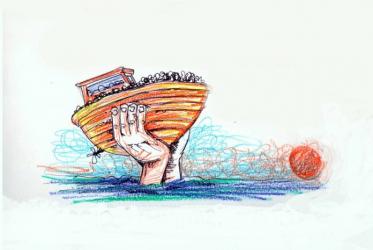Displaying 21 - 40 of 125
Churches should use their voice on climate change
26 February 2020
Dealing with traumas and healing of wounds
04 June 2019
WCC remembers lost colleagues
24 May 2019
WCC expresses sadness, solidarity after Notre Dame fire
16 April 2019
International Labour Organization celebrates 100 years
15 April 2019
A faith-based, holistic approach to HIV and AIDS-care
13 March 2019
WCC mourns lost staff member in Ethiopian Airlines crash
11 March 2019
Faith and HIV treatment go hand in hand
06 March 2019
Turning mercy and compassion into action
04 March 2019
On the journey to HIV – bridging gaps, debunking myths
21 February 2019
Mediterranean Hope: “On land, at sea and In the skies…”
20 December 2018


